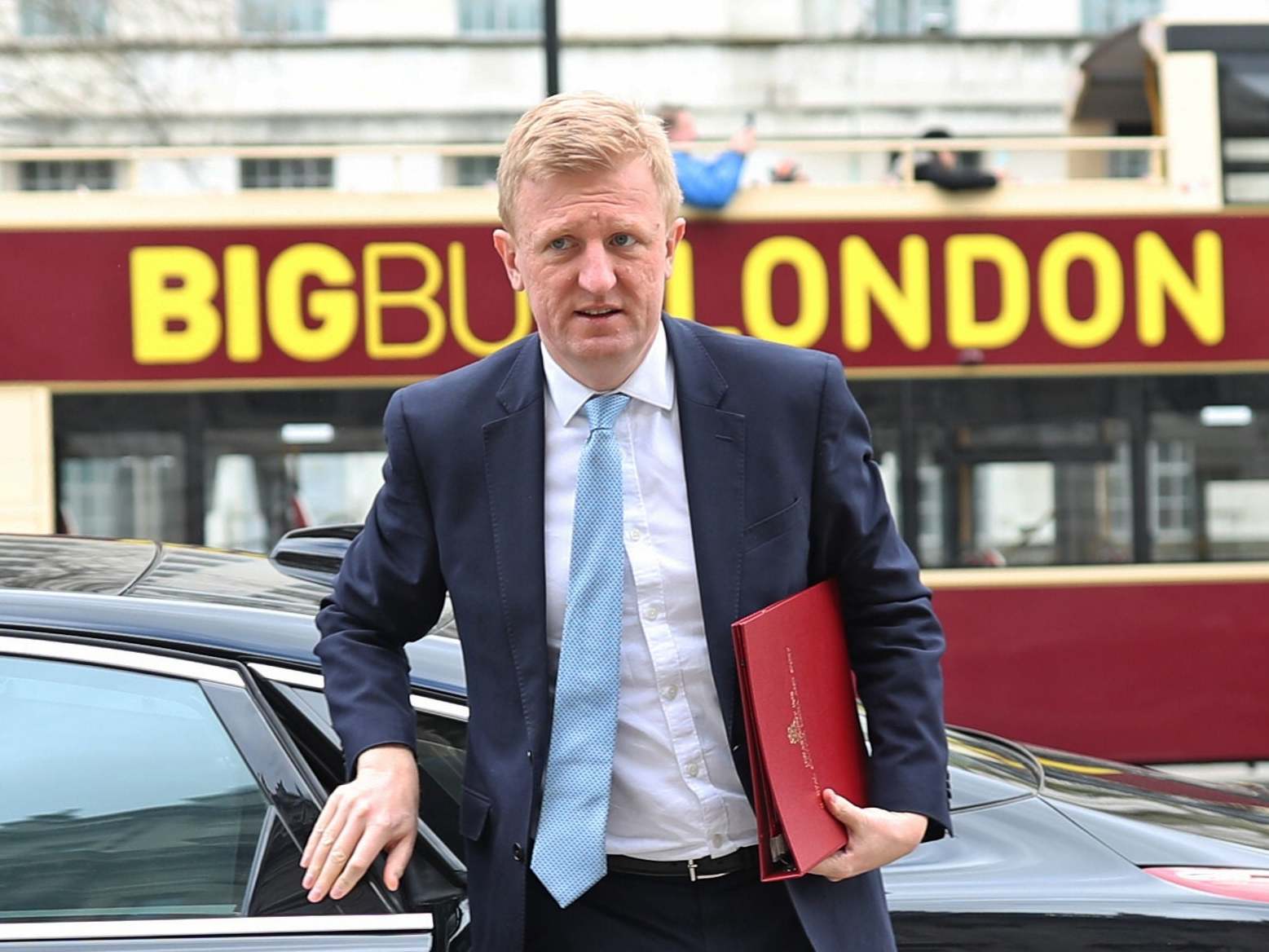A bailout of £1.57bn isn't enough to save the arts from coronavirus. Let's call it the first payment of three
Even if there is a safe way to seat people in UK theatres before there is a vaccine – which I doubt – there is certainly no economic model that could accommodate socially distanced audiences. Alan Read writes


The day after the government’s long-awaited rescue package for theatres, arts and music venues, the airwaves ring to the sounds of relieved voices. £1.57bn is a significant sum, though not “world leading” as commonly proclaimed. I know “middling” is not a clarion call to arms, but it’s a better investment than the US has secured (which isn’t saying much) and someway short of the offer in France.
Whatever its merits as a price tag for our future, within minutes figures across the entertainment industry were calling out caveats. As we know, “the devil will be in the detail.”
In broadcast interviews, culture secretary Oliver Dowden was given ample time to celebrate those whose interests he was most concerned to protect. He chose to name check the “crown jewels” of the arts, but without giving any examples of what those might be. Surely the beauty of jewels lies in the eye of the beholder? He talked about culture “from Shakespeare to Sheeran”, enthusing that the package would be broad, but apparently without recognising the vast hinterland of community arts that give UK theatre its vibrant identity. Dowden also spoke of the need to “protect institutions”, while those listening in without such securities of longevity began to tick themselves of the list. He wants to save “Victorian theatres”, as though the UK’s arts scene was built by Frank Matcham.
Then, despite his efforts to keep up the celebratory feel, Dowden got himself seriously bogged down in a discussion about the comparison between airline seating and theatre seating. Though planes can come and go freely with human sardines inside, Nick Robinson wanted to know, why can’t theatres operate at similar levels of density, albeit more commonly on the ground? And this is where the conversation about “saving UK theatre” comes unstuck every single time.
This has been the elephant in the room since the lockdown of theatres was announced. Even if there is a safe way to seat people in UK theatres before there is a vaccine (which I doubt) there is certainly no economic model that could accommodate socially distanced audiences. Not one that I have seen, written down in figures in columns. There are interesting experiments, yes. I work in a university; there always are. But there is no firm evidence.
UK theatres built over the last two centuries – old and new, big and small – simply cannot tolerate the demands of social distancing. They are intimacy incarnate. Some of those at the largest scale still exude togetherness. Even the beauties built by Matcham in the late 19th century, such as the Palace Theatre Westcliff, Southend – where I grew up in Southend and first sat in the steep circle getting the bug (and vertigo) – or my local, the Lyric Hammersmith in West London. That’s why we love theatre.
Nick Hytner, once director of the National Theatre and more recently with The Bridge, an auditorium beautifully engineered by those masters of the proximate-art Haworth Tompkins, had already floated the circling argument about comparisons between planes and performances. But that isn’t going to get us anywhere, for a year at least. So, “move on” (as the government likes to say about Dominic Cummings).
But what to do? I have already said it, and I don’t mind repeating it until it is irrelevant: evacuate the building.
Recognising this situation is a devastating reality check for those whose lives and livelihoods have been pinned to the upkeep, championing and beauty of some of the UK’s most cherished buildings. But, after that pause and deep breath, it is obvious many of the 1,000 or so UK venues under threat now might have, if offered the Faustian choice between extinction and essential repair and restoration prior to the pandemic, taken the latter choice if it had come with serious government investment. But it didn’t happen.
The government might ask what is not “serious” about £1.57bn, when there is already a slate of eye-watering demands on our nation’s purse? But that “devil in the detail” is already being totted up, as Dowden’s preferences look like they might divert life-giving resources from the freelancers, artists, writers, performers, designers who have in large measure led the charge for the money, leaving them left behind in the institutional urge to protect whatever the “crown jewels” might look like.
My theatre friends have an ally they should not forget: Franklin D. Roosevelt, Michael Gove’s new best friend, would have understood the urgency of really serious government investment in his Federal Theatre Project as part of the New Deal in the late 1930s. My advice? Take and celebrate that £1.57bn as the first down payment of three, with two further payments in January and April next year of the same amount, to take us to 1 per cent of the bank bailouts of 2008.
Economists will cry foul; these things cannot be compared, they say. No they can’t. Evidence suggests “casino capitalism” played fast and loose with our shared wealth and lost, big time. Caryl Churchill even wrote a play called Serious Money that brought braying City boys to the Royal Court thinking it was celebrating their Wolf of Wall Street lifestyles, not pillorying them in verse. It was the theatre that was on the right side then, and always will be when it comes to being human, and learning how to live peacefully amongst other humans.
Give us the money. We won’t run; we will rebuild, for all.
Alan Read is professor of theatre at King’s College London
Join our commenting forum
Join thought-provoking conversations, follow other Independent readers and see their replies
Comments